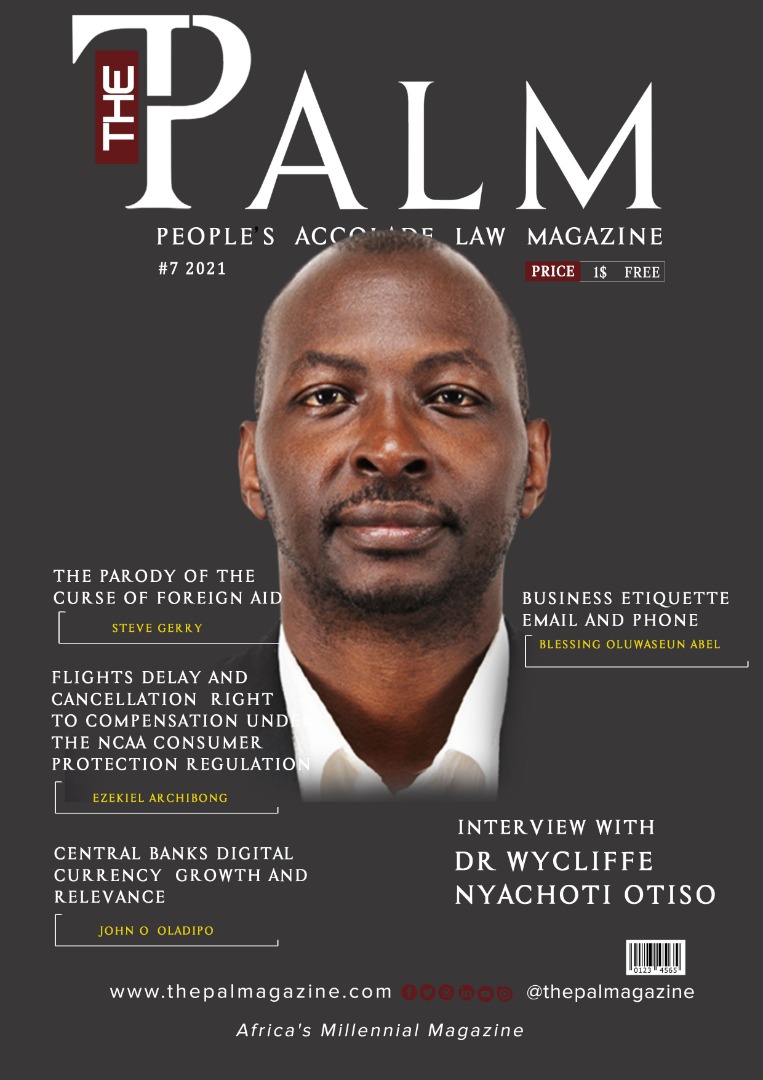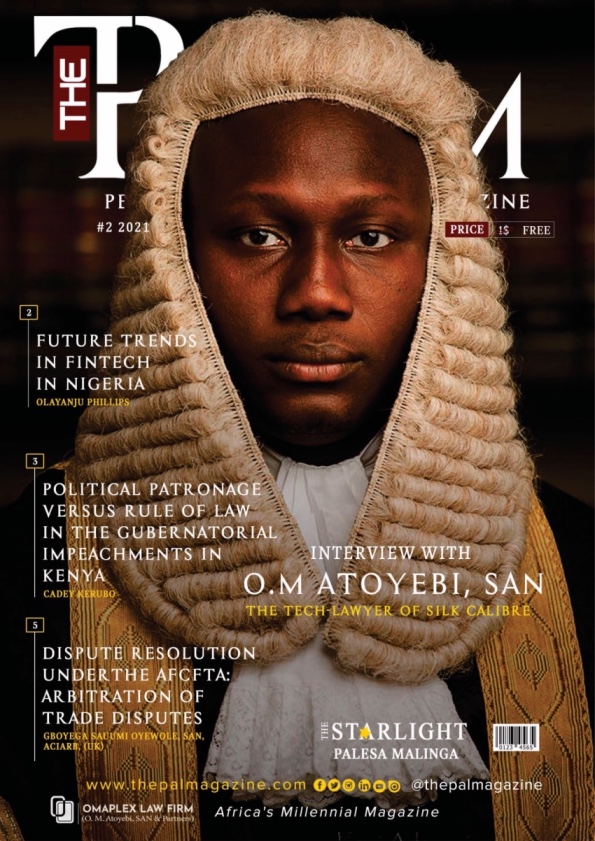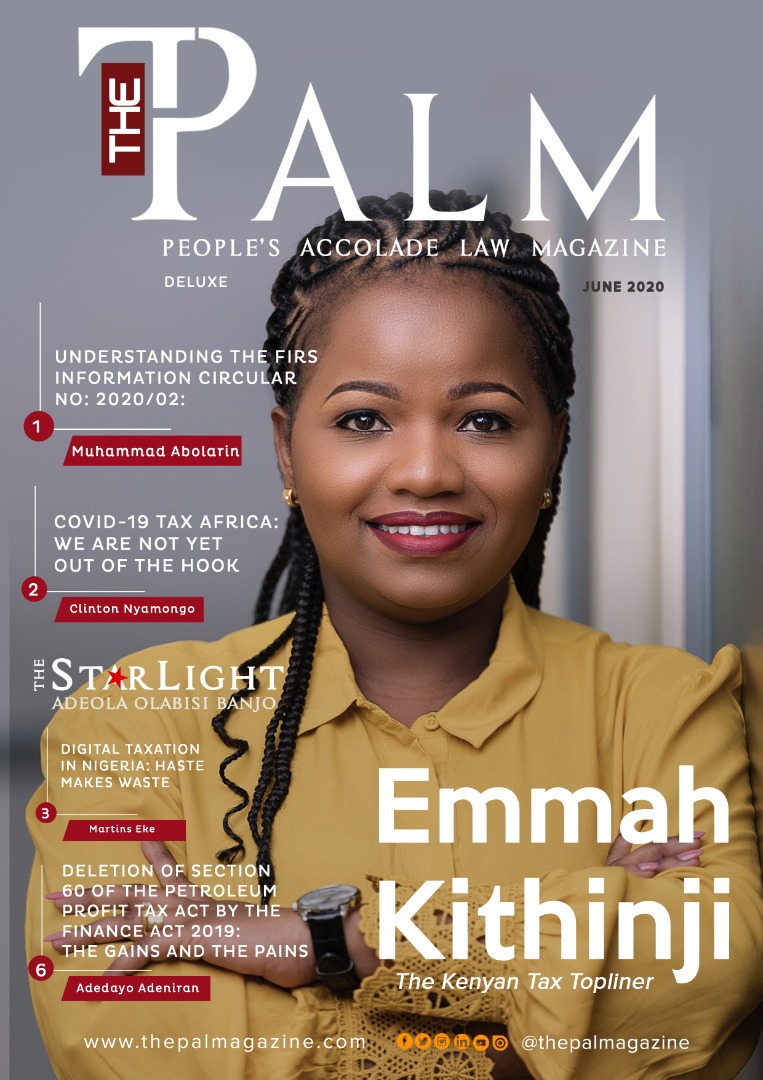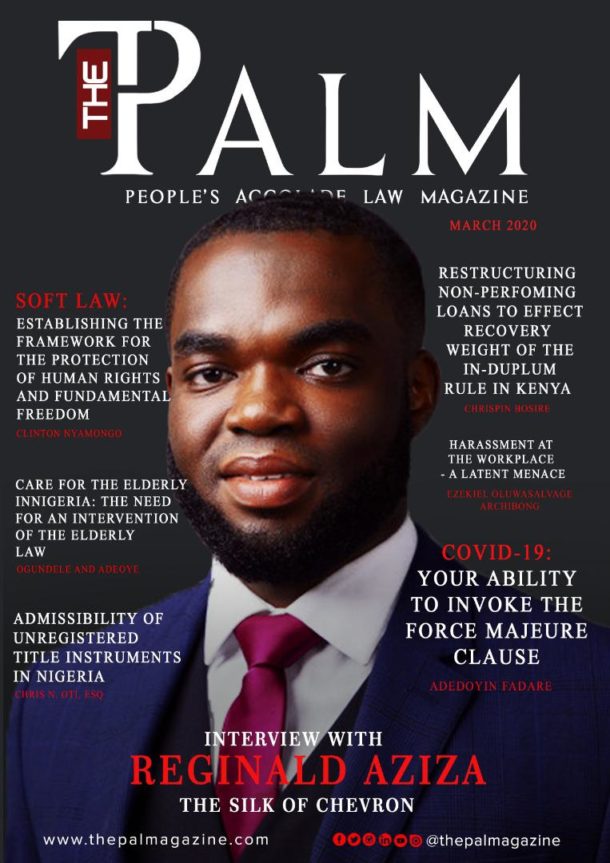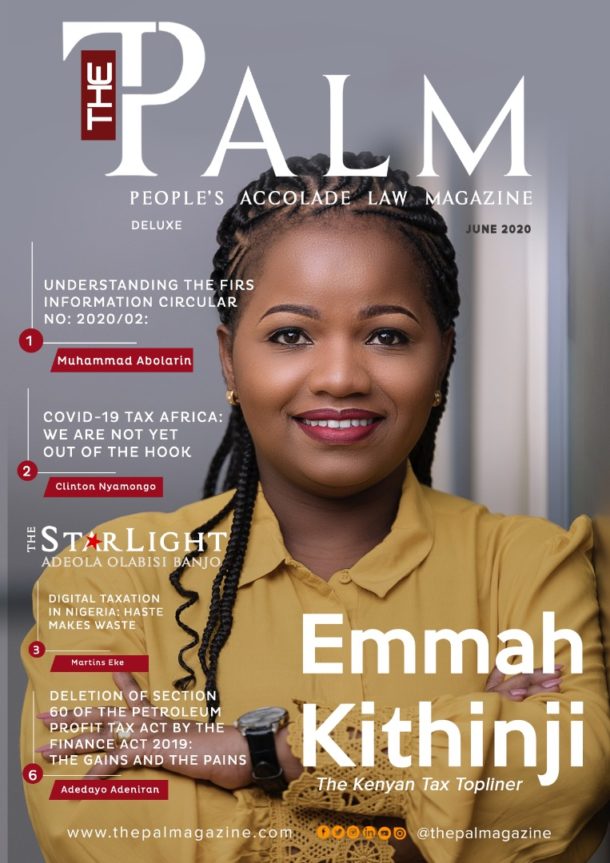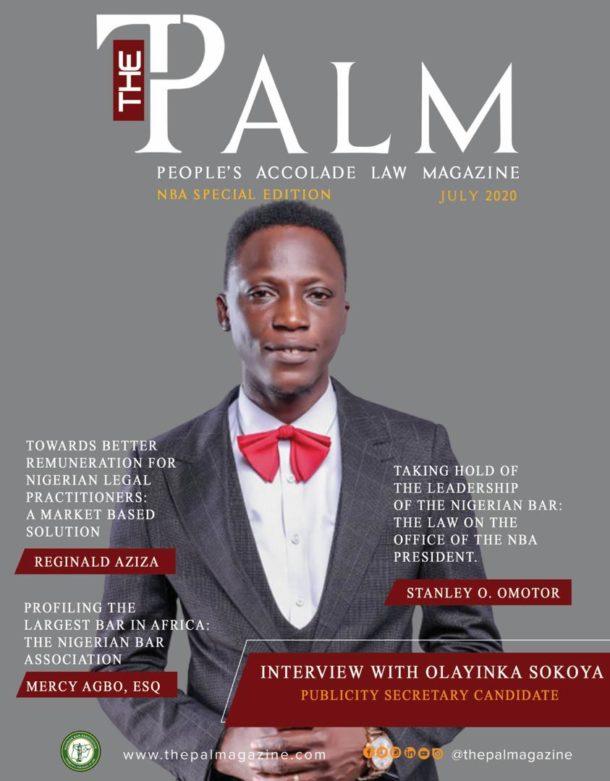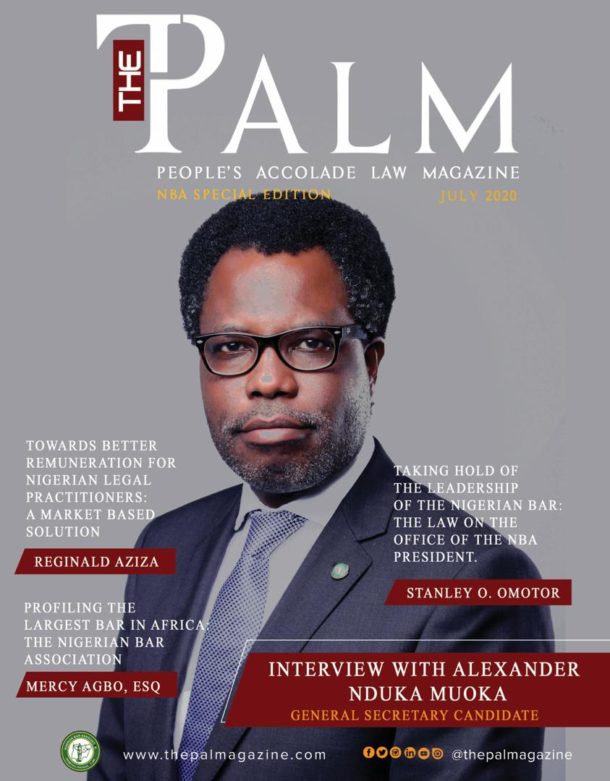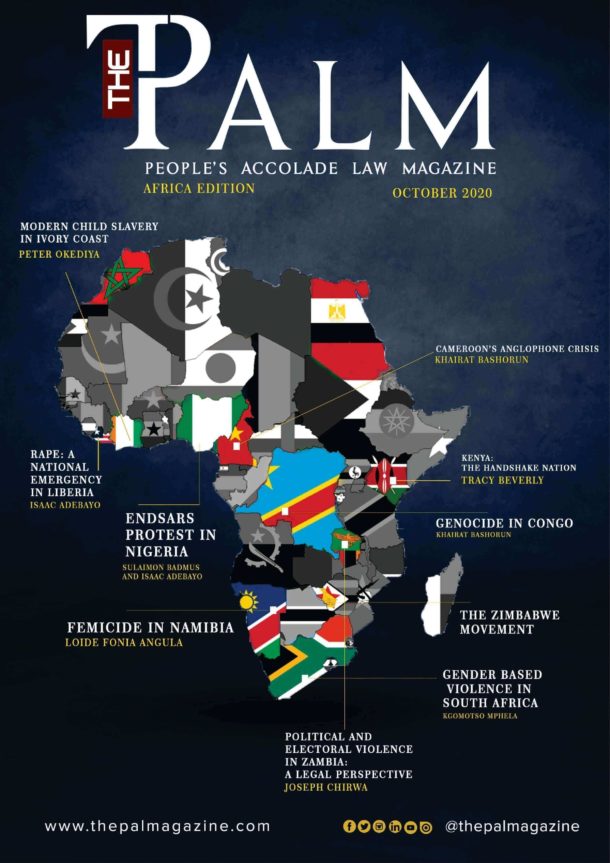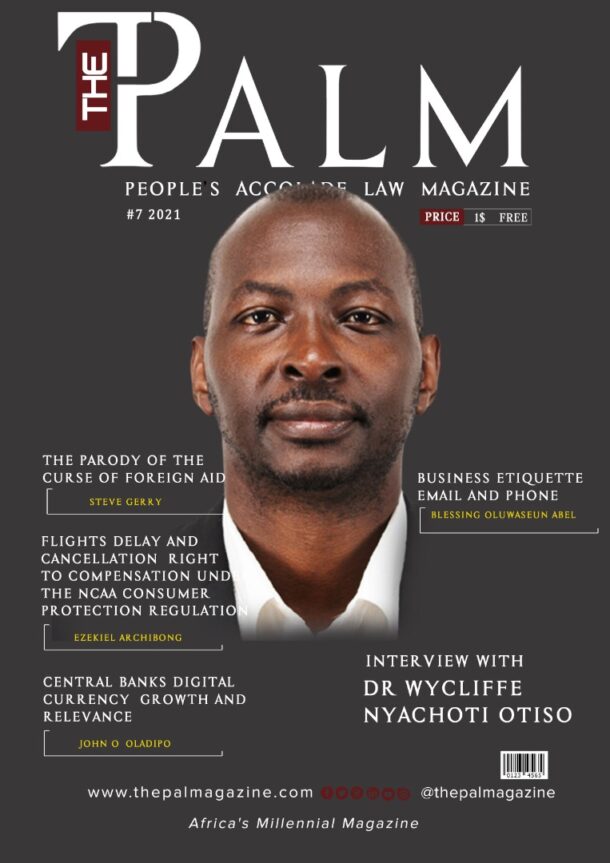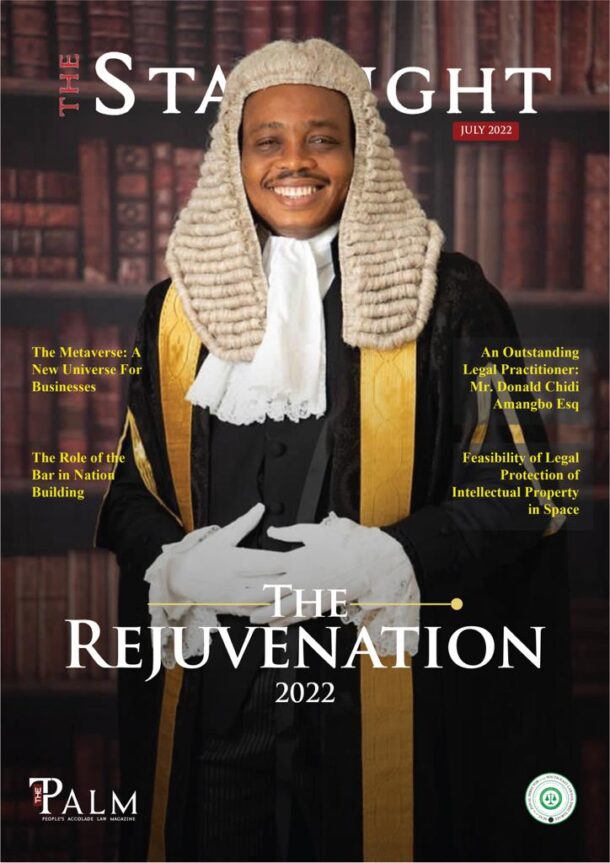Introduction
This a brief excerpt from a comprehensive and thorough study on section 73(2)(a) of the Marriage Act, 2014. The section, which is the focus of this article, provides that a one year statutory time limitation to institute annulment proceedings outside one year if the petitioner discovers the respondent was in undissolved marriage at the time of celebrating their marriage.
The article, thus, explores if one can seek leave to file the annulment petition outside one year as statutorily required through the – Marriage Statutes, Limitation of Actions Act and Procedural Laws. In the context of the marriage laws regime, this article analyses it in two perspectives: before and post 2014.
- Extension of Time Before 2014
Before 2014, the Matrimonial Causes Act (Repealed)[1] regulated matrimonial proceedings. Section 6 of the Matrimonial Causes Act (Repealed) provided that divorce proceedings to be instituted after three years of marriage. However, the court has discretion to allow the same before lapse of the time. Section 14 deals with nullifying the marriage. It provides that –
- The following are the grounds on which a decree of nullity of marriage may be made—
(…)
(d) that the former husband or wife of either party was living at the time of the marriage, and the marriage with such previous husband or wife was then in force;
(f) that either party was at the time of the marriage of unsound mind or subject to recurrent fits of insanity or epilepsy; or
(g) that the respondent was at the time of the marriage suffering from venereal disease in a communicable form; or
(h) that the respondent was at the time of the marriage pregnant by some person other than the petitioner:
Provided that, in the cases specified in paragraphs (f), (g) and (h) of this subsection, the court shall not grant a decree unless it is satisfied—
- that the petitioner was at the time of the marriage ignorant of the facts alleged;
- that proceedings were instituted within a year from the date of the marriage; and
- that marital intercourse with the consent of the petitioner has not taken place since the discovery by the petitioner of the existence of the grounds of decree.
It is observable that annulment proceedings on grounds of subsisting marriage had no statutory time limitation. It is annulment on grounds of – insanity, venereal communicable disease and wife having pregnancy by another person at time of marriage – that had one year timeline and other conditions.
Section 39 of the Matrimonial Causes Act (Repealed) allowed enactment of the rules to rules of court prescribing anything required to be prescribed under the statute and with respect to all matters of practice and procedure under the statute. In 1975, the Matrimonial Causes Rules (Repealed) were enacted.
Rule 2 of the Matrimonial Causes Rules (Repealed) dealt with the manner in which leave to file divorce before lapse of three years is sought while rule 14 dealt with how to file amended or supplemental petitions by leave of the court. Lastly, rule 20 provided for filing out of time. It stated that –
No pleading shall be filed out of time without leave after a step in default has been taken.
About two decades ago, the High Court had opportunity to deal with a case where the petitioner wanted to annul the marriage outside one year on the grounds of insanity. Justice A.G.A Etyang (as he then was) in S W v N G K [2] reasoned as follows –
It is my holding that, though there is no specific provision in section 14 (1) (f) of the Matrimonial Causes Act for extension of time for the filing of divorce on grounds of insanity or recurrent fits of insanity or epilepsy, rule 20 of the Matrimonial Causes Rules makes such provision and allows pleadings to be filed out of time with the leave of the Court.
The decision was not made in context of annulment of marriage because at the time of marriage, a party was in subsisting marriage (section 14(d) of the repealed Act). The same has no timelines. Nothing would have barred the petitioner to institute the annulment proceedings, any time. Similarly, the marriage and matrimonial laws have since changed. Therefore, the decision cannot remain to be ruling jurisprudence. It is in per curium. This finding takes us to the next section of the study.
- Extension of Time Before 2014
Three developments are significant in the marriage law regime in post 2014. In the proceeding paragraphs, the article summarizes these developments.
First, the enactment of Marriage Act which repealed the relevant earlier statutes, including the Matrimonial Causes Act and its constitutive regulations. Of course, there is also Matrimonial Property Act which was enacted in 2013 and forms part of marriage law regime. But in the subject of this article, it is irrelevant. Unlike in the repealed act and regulations, there are no provisions have provisions for leave to file divorce before the lapse three years upon celebrating the civil marriage under section 66 of the Marriage Act, 2014.
Secondly, the High Court as observed earlier has declared section 66(1) of the Marriage Act unconstitutional to the extent that it establishes a statutory timeline of three years before petition for divorce is filed.
Thirdly, the Marriage (Matrimonial Proceedings Rules) 2020 (herein referred as Rules) was promulgated on 8th July 2020. The same were made pursuant to section 95 of the Marriage Act and provide for the procedure for instituting and responding to matrimonial proceedings.
Regulation 4 of the Rules provide for a party in a civil marriage to apply for leave to file the petition for divorce before lapse of three years. However, this now is a provision on procedure that is not supported by a primary legislation and contradicts the earlier decision of Tukero ole Kina v Attorney General & another [2019] eKLR that declared Section 66(1) of the Marriage Act, which barred parties to civil marriage from petitioning for divorce before the lapse of three years, unconstitutional. Otherwise, apart from this provision, it is notable that there is no any other that provides for leave to extend time.
- Limitation of Actions Act
The Limitation of Actions Act[3] intended to prescribe periods for the limitation for actions and arbitrations, and to make provision concerning the acquisition of easements by prescription, and for matters incidental thereto and matters connected therewith.[4]
Section 4 of the Limitation of Actions Act then provides for various statutory time limits for filing various actions under tort and contract. The statute provides also time limits for other actions like adverse possession, rent recovery and others.
Significantly, sections 27 and 28 of the Limitation of Actions Act provide for leave to extend time to file actions out of time. It is the section that the article examines whether it can apply to filing annulment of marriage petition outside one year statutory timeline. This also must be analyzed in the context of section 31 of the Limitation of Actions Act.[5]
Two observations flow from above provisions. First, court’s jurisdiction must flow from the constitution or statute. The impugned statute does not arrogate any court the jurisdiction to extend time to file the petition for annulment of marriage outside one year. Secondly, section 27 deals with extension of time in tort claims while section 28 deals with the procedure of seeking for leave to extend time. There is ample jurisprudence that buttresses this position.
In Felix Otieno & 18 others v Kenya Power Ltd[6] the court was dealing with issue of extension of time to a suit on contract of employment outside six-year statutory limitation. The court reasoned as follows –
Section 27 expressly refers to claims in tort where action is for damages from negligence, nuisance of breach of duty. This section does not provide for claims arising from contractual relationships. Section 28 provides for the procedures for extension of time under section 27. The two sections are therefore limited to extension of limitation period for claims under section 4(2) of the Limitation of Actions Act which provides for actions founded on torts. Section 27 and 28 are therefore not applicable to claims under section 4(1) of the Limitation of Actions Act under which limitation period for contracts is provided for.
(…)
The sections relied upon by the applicants do not confer jurisdiction on this court to make the orders sought.
Similarly, in Peter Gichuki Mwangi v Kenya Copyright Board & 3 others[7] the court was grappling with leave to extend time for filing a suit on malicious prosecution. It reasoned as follows –
The Applicant’s claim would be seeking damages for malicious prosecution for which section 27 and 28 of the Limitation of Actions Act (Cap 22) Laws of Kenya, a claim for damages based on malicious prosecution is not included. The extension of time is limited to the nature of claims for damages limited under section 27 of the Limitation of Action Act and no other. This court cannot act beyond the express provisions of the law and extend the period of filing suit out of time for which the laws do not allow or where the requirements which are specifically set out have not been satisfied.
Finally, this article analyses whether there can be a recourse in section 26 of the Limitations of Actions Act. Essentially, the section provides that where the action is based on fraud, concealment by fraud or relief from consequences of mistake; the period of limitation does not begin to run until the plaintiff has discovered the fraud or the mistake or could with reasonable diligence have discovered it. In circumstances where the petitioner seeks annulment on the ground that the Respondent was in an undissolved marriage, and thus the marriage is void – when does the time start to run?
First, it would be important to establish whether non-disclosure of a party that he or she is subsisting marriage amounts to fraud. The Black Law Dictionary[8] defines Fraud as “knowing misrepresentation of the truth or concealment of a material fact to induce another to act to his or her detriment.” It is easily deducible that the same amounts to fraud.
Secondly, what is the cause of action in a petition for annulment where a petitioner alleges that the respondent was incompetent to enter into marriage due to being in another marriage? This article observes that the cause of action under this context is not fraud. It is incompetence or capacity of the party to enter to marriage. The court only annuls the marriage upon establishing that the respondent was incompetent, and not because he or she concealed material fact.
In any event, a cause of action is a set of facts sufficient to justify a right to sue to obtain property or enforcement of a right against a party. Or simply, the legal theory upon which a party brings a suit.[9] To ascertain the cause of action, it is important to look at the averments and the prayers contained in the pleadings.[10] Indeed, a petition to annul marriage on ground that a party is incompetent because he or she was in subsisting marriage when entering into another cannot be based on fraud and plead particulars of fraud: it is simply focuses on ‘void-ness’ of the marriage.
- Conclusion
In the final analysis, there is no statutory or regulatory provision that provides avenue to seek leave to file such a petition outside the one year envisaged under section 73(2)(a) of the Marriage Act, 2014. It is an absurdity that needs review through court or parliament.

*The author is an advocate of High Court of Kenya, based in Eldoret. He is also a Public Interest Litigation Fellow at Kenya Human Rights Commission. Email – mainanyabuti@yahoo.com
[1] Matrimonial Causes Act, Chapter 152 of Laws of Kenya. It was enacted 1937
[3] Limitations of Actions, Cap 22 Laws of Kenya
[5] Section 31 of Limitations of Actions Act provides that –
“Where the period of limitation is prescribed for action or arbitration by any other written law that written law shall be constructed as if part III of the statute were incorporated therein
[8] The Black Law Dictionary, 9th Edition
[9] Edward Moonge Lenguuranga vs James Lanaiyara & another (2019) eKLR
[10] Nyakundi Okerio & another v Elijah Sokobe Obot & 2 others [2021] eKLR














